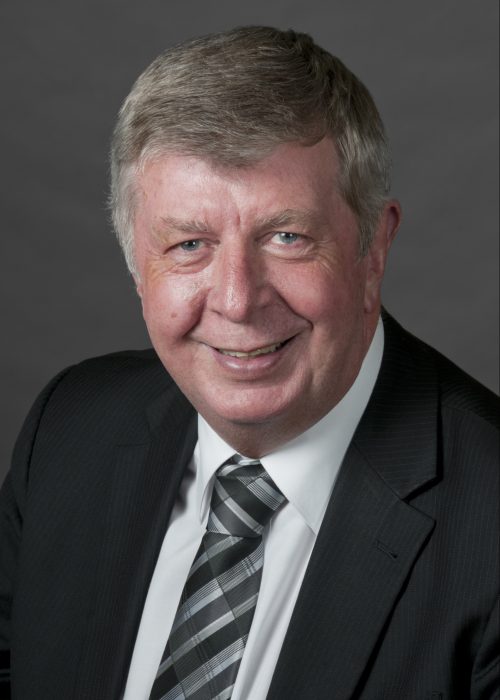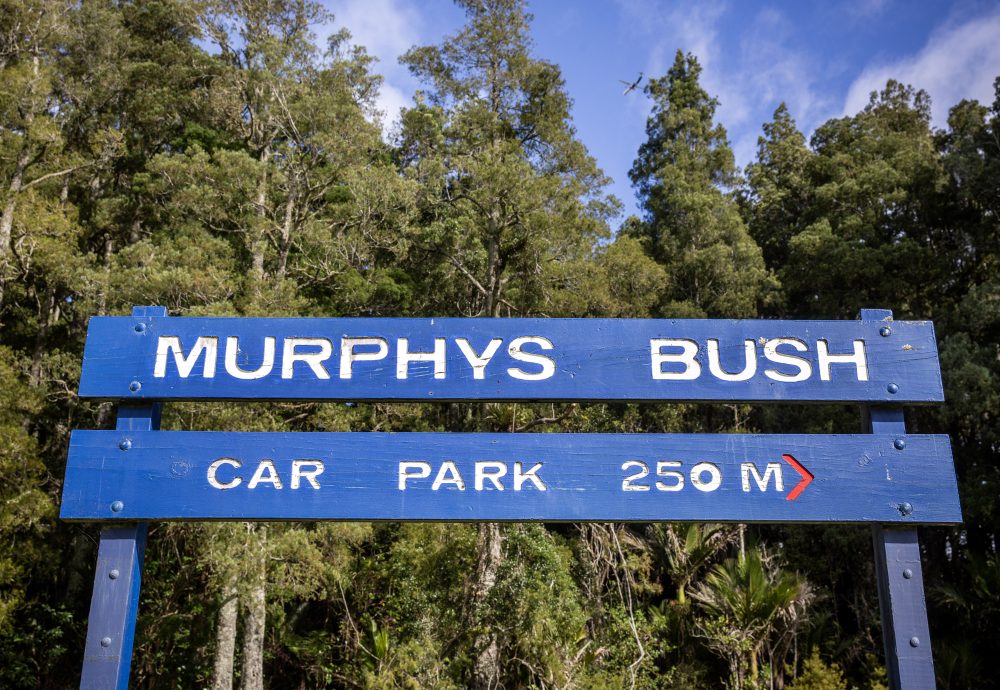
Efforts to give Māori names to numerous local public places as well as bus stations and structures that are part of the Eastern Busway are being criticised as unnecessary virtue signaling.
“This is just sticking it up the nostrils of the voters out here for no reason and it doesn’t benefit anybody,” Howick ward councilor Maurice Williamson says.
“It’s virtue signaling. I don’t believe that anybody sitting at a table in Waitangi in 1840 was saying, ‘I hope this Treaty applies to naming bus stops and tag-on and tag-off sites’.
“Let’s be sensible, let’s do things that make a difference.
“Let’s try to get Māori kids performing better in the education system and less represented in incarceration statistics.
“I’m happy to do all of that stuff but to think you’ve done something to achieve anything, all you’ve done is get the public’s back up and it’s actually damaging to both Māori and to Pakeha.”
As the Times recently reported, 19 public places in east Auckland will receive Māori names as part of a commitment for te reo to be “seen, heard, spoken, and learnt”.
The Howick Local Board backed a resolution at its March business meeting stating it endorses the Auckland Council initiative, named Te Kete Rukuruku.
The board will invite mana whenua to provide Māori names and narratives for 15 local parks and the four libraries in Botany, Highland Park, Howick, and Pakuranga.
Three reserves are set to have sole Māori names.
Before the board voted on the resolution, member David Collings moved an amendment that was seconded by deputy chairperson Bo Burns.
It asked council officers to publicly notify the board’s intention to adopt sole or dual Māori names, giving the community a chance to provide feedback which would be provided to the board at its next business meeting.
Collings and Burns were the only members to support the amendment, which was lost by two votes to five.
The original resolution was then passed with support from board chairperson Damian Light and members John Spiller, Mike Turinsky, Adele White and Peter Young.
Burns voted against it while Collings abstained.
“This is what I think is where we get to be really quite crazy,” Williamson says.
“I’m not racist because I fought twice against the Electoral Commission who tried to rename the Pakuranga electorate and I fought to keep the name Pakuranga, and I’m proud of the name Pakuranga.
“But when I look at what’s going on here, and congratulations to deputy chairperson Bo Burns because she fought against it and voted against it.
“Member Collings abstained and members [Katrina] Bungard and [Bruce] Kendall were not even present.
“They [the other board members] voted for things that I think are totally opposed to what the general public of this ward [wants].”
The next steps in the process will see mana whenua invited to provide Māori names and narratives for the chosen public spaces.
Outcomes of the programme include the restoration of mana and mauri (life force) to the area and the traditional use and importance of the land to mana whenua, Light says.
“Te reo Māori has been recognised as a taonga (treasure) and official language, leading to a revitalisation of its use and understanding.
“Opportunities like this allow local iwi to protect and return local names and history which may have been lost.
“This then enables our communities to learn about local Māori history, language and culture.”

A second similar move involves Auckland Transport (AT) being gifted te reo Māori names by local mana whenua Ngāi Tai ki Tāmaki and Ngaati Whanaunga for new bus stations and structures being built for the Eastern Busway.
The four new stations will be called Pakūranga in the town centre, Te Taha Wai near to Edgewater College and Shopping Centre, Koata by Riverhills Park, and Pōhatu in Burswood.
Rā Hihi (sun’s rays) will be the name of the Reeves Road Flyover in Pakūranga.
Taupaepae (to meet or escort your visitors) will be the name of the bridge joining Tī Rākau Drive and Burswood.
Williamson says the view he hears from locals is the bus stop at Edgewater Shopping Centre should be called Edgewater and the bus stop at Burswood should be called Burswood.
“I’ve asked people if they know what the Māori name means and no one does.
“I’ve got a massive background with the Māori language.
“When I was Broadcasting Minister I set up 23 Māori radio stations and I created an entity now known as Te Mangai Paho [the Māori broadcasting funding agency].
“I set up Mai FM in Auckland and bulk funded them so I’m not opposed to the Māori language where it makes sense.”
He points to Census data which shows just 1 per cent of residents in the Pakuranga electorate say they speak te reo, while 1.3 per cent in Botany say they do.
Given those figures he doesn’t know why AT plans to have the Māori words larger than the English words on tag-on and tag-off terminals at bus stops, he says.
“Where there are parts of the country where there will be big Māori populations I’m okay with them saying, ‘I’d like to have some dual names’.
“But when you look at the ethnicity, the huge percentage of people in these two electorates who are of Chinese [heritage] and are Mandarin or Cantonese speaking.
“If we want to do something in a dual name on the bus stops and so on why don’t we put a second language like that?
“I don’t think we need to because most of those people who come here, especially the young kids, are fluent in English.
“This gets to be what I think is virtue signaling. ‘Let’s have 1 per cent of the population and let’s put big signage up in a language the rest of us cannot read’, and I don’t get what that’s all about.”
- Howick Local Board deputy chairperson Bo Burns is the owner of the Times.










